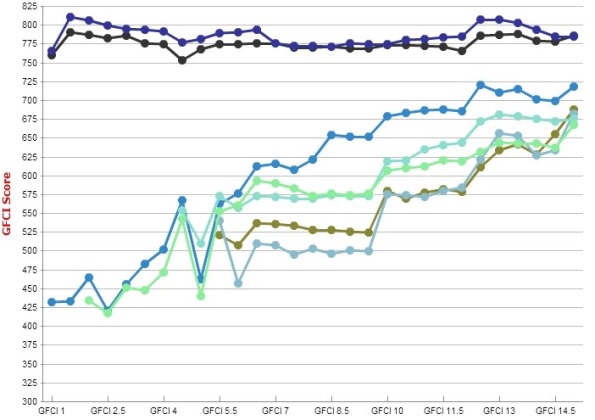(March 17, 2014) — Danish pension giant PFA has announced it will take a more activist investor stance, following greater levels of scrutiny on its investments by pension fund members.
The DKK400 billion (€54 billion) fund’s director of asset management Jesper Langmack said in a statement that PFA had decided to seek more influence over the companies it owned shares in, but would do so in private, rather than through the medium of the press.
Over the last few years, PFA’s investment strategy has seen it invest in fewer companies, but with larger direct investments. It currently invests in 25 Danish listed companies, including Denmark’s largest energy provider DONG Energy.
“In the past, the PFA has primarily been a passive investor. But we will increasingly be a more active investor, seeking to influence the companies we directly invest our pension money in,” said Langmack. “However, we will not ask for the seat on the board.”
He went on to stress that as an investor, it was not in PFA’s interest to publicly criticise companies it owned shares in through the press. Instead, it would contact the company directly to express any concerns.
Langmack said there were two main aims of PFA’s shift towards a more activist stance: to ensure a good return for the benefit of PFA’S members, but also to ensure the focus of those returns were made in accordance with the recommendations of good corporate governance.
“We want more than ever to take this opportunity to share praise and criticism, and we will—together with the other shareholders—from time to time take the opportunity from the podium demanding and critical questions to the managements of the companies,” Langmack said.
“We want to be seen as both a professional and responsible asset manager, so pension customers can trust us and other institutional investors will want to work with us.”
In December 2013, PFA was among a large number of Danish funds which abandoned the UN’s sustainable investment body Principles of Responsible Investment (PRI) over fears that it was suffering from governance problems of its own.
Denmark’s national fund ATP, Industriens Pension, PensionDanmark, PFA Pension, PKA, and Sampension, released a joint statement saying they would continue to invest using the principles, but would “remain outside the organisation until it again lives up to basic requirements for good corporate governance—including restoring membership democracy in the organisation”.
The statement continued: “We have… over a sustained period of time observed with concern that the governance of the PRI organisation does not live up to the basic standards we as investors would expect of the companies in which we invest. Despite numerous attempts to improve the conditions within PRI, we must, unfortunately, acknowledge that these attempts have not been successful.”
PRI Managing Director Fiona Reynolds responded at the time, saying she was deeply disappointed with the decision, and that a review of the organisation’s governance was already underway.
The PRI was established to embed six basic environmental, social, and governance principles in investment decisions. Some of the world’s largest investors have signed up to the principles, including pension and sovereign wealth funds, along with large asset managers and insurance companies.
Related Content: Q&A: USS on How to Get Corporate Governance Right and Danish Pensions Dump UNPRI over Governance Concerns

